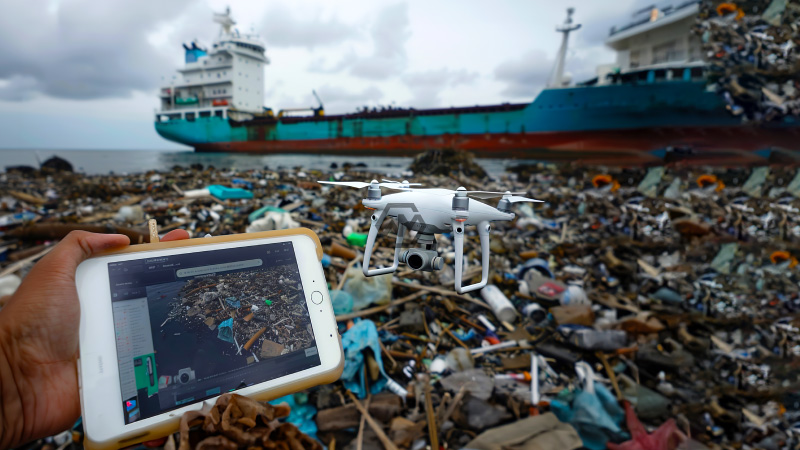- Brazilian fishermen have developed an app to report pollution in Guanabara Bay.
- The app provides precise geolocation data for documenting and addressing environmental damage.
- Within weeks of its launch, the app has already led to numerous pollution complaints.
Brazilian fishermen in Guanabara Bay have turned to technology to tackle persistent pollution issues.
Frustrated by the lack of effective response from authorities, they, with support from 350.org, created an app that enables them to document environmental damage with precise geolocation data.
Tech-Driven Activism: Fishermen’s App Tackles Pollution in Guanabara Bay
Since its launch, the app has quickly demonstrated its impact by generating over 100 complaints about pollution, revealing the extent of the problem in the bay. The app’s effectiveness in gathering accurate data and filing complaints anonymously has made it a crucial asset for local fishermen, giving them a stronger voice in their fight against environmental degradation.
The bay, vital for local tourism and the fishing industry, has struggled with pollution from various sources, including old abandoned ships and runoff from urban areas. The new app empowers fishermen to capture and report these issues in real-time, offering a detailed and verifiable account of pollution incidents.
Within just a few weeks of its introduction, the app has facilitated the posting of 20 complaints online and has prompted more than 100 additional reports for review. This rapid response underscores the tool’s effectiveness and the significant pollution challenges faced by the bay.
The app’s launch represents a significant shift in how local communities can influence environmental protection efforts. By leveraging technology, the fishermen have created a more robust mechanism for holding polluters accountable and ensuring that authorities address the environmental damage in Guanabara Bay.
The mobile app developed by Brazilian fishermen stands as a model of how technology can empower local communities in environmental advocacy. By providing precise data and facilitating direct reporting, it enhances the ability to address and mitigate pollution effectively.
“The inspection agencies always claimed they don’t have the tools to deal with complaints,”



